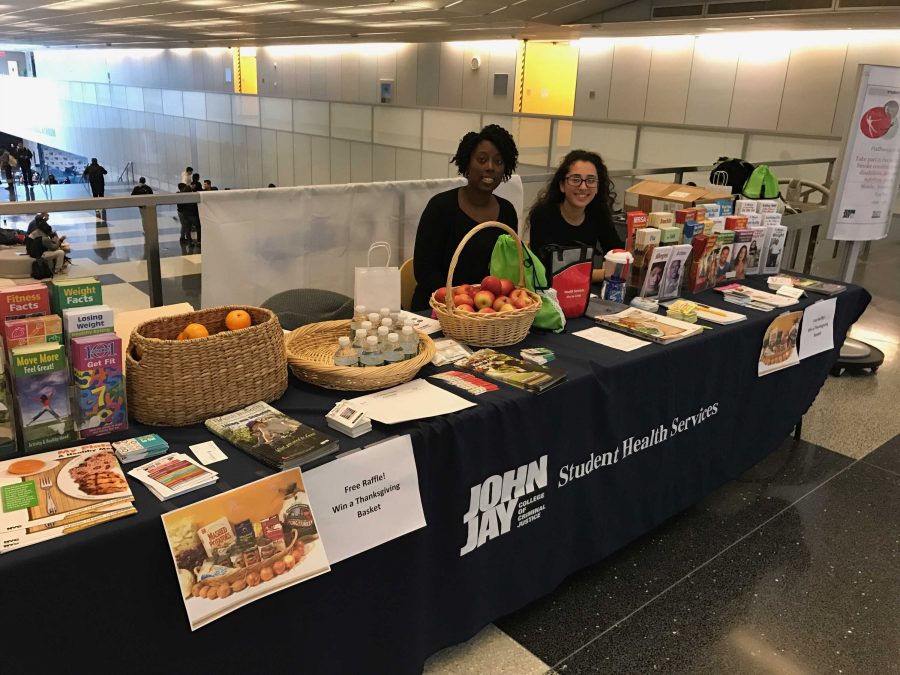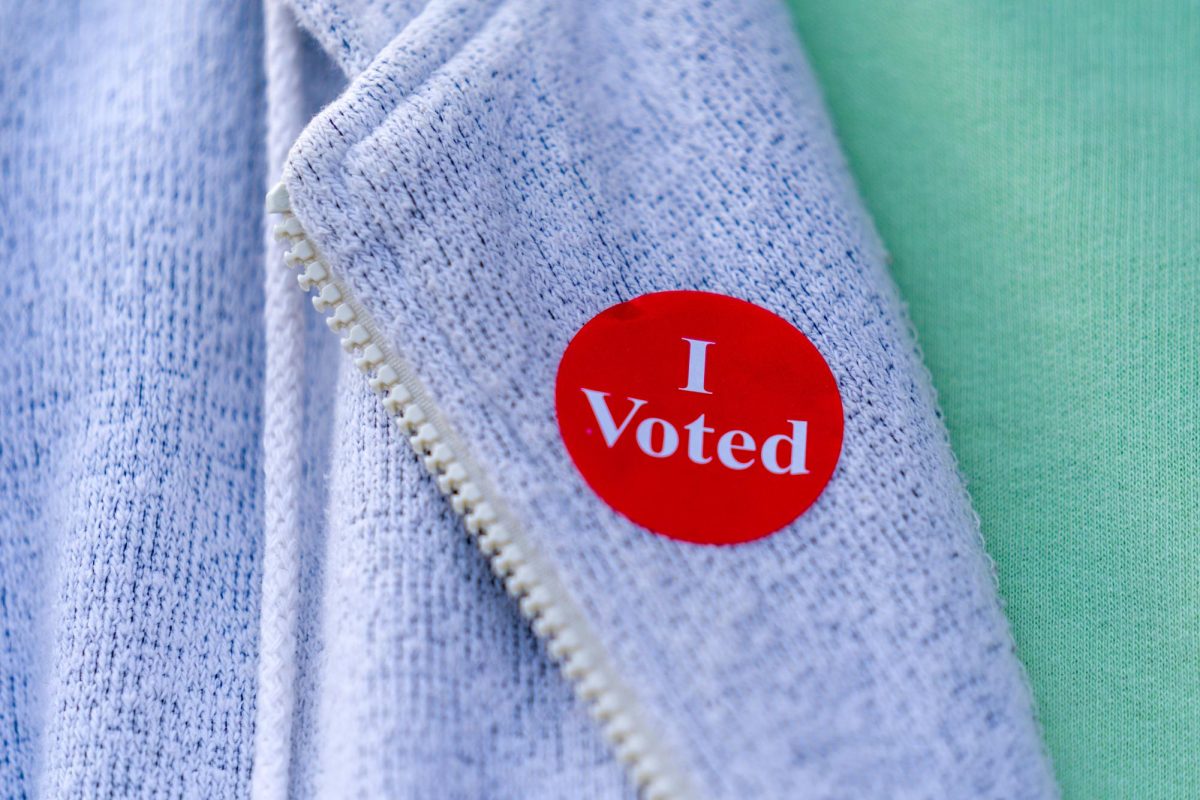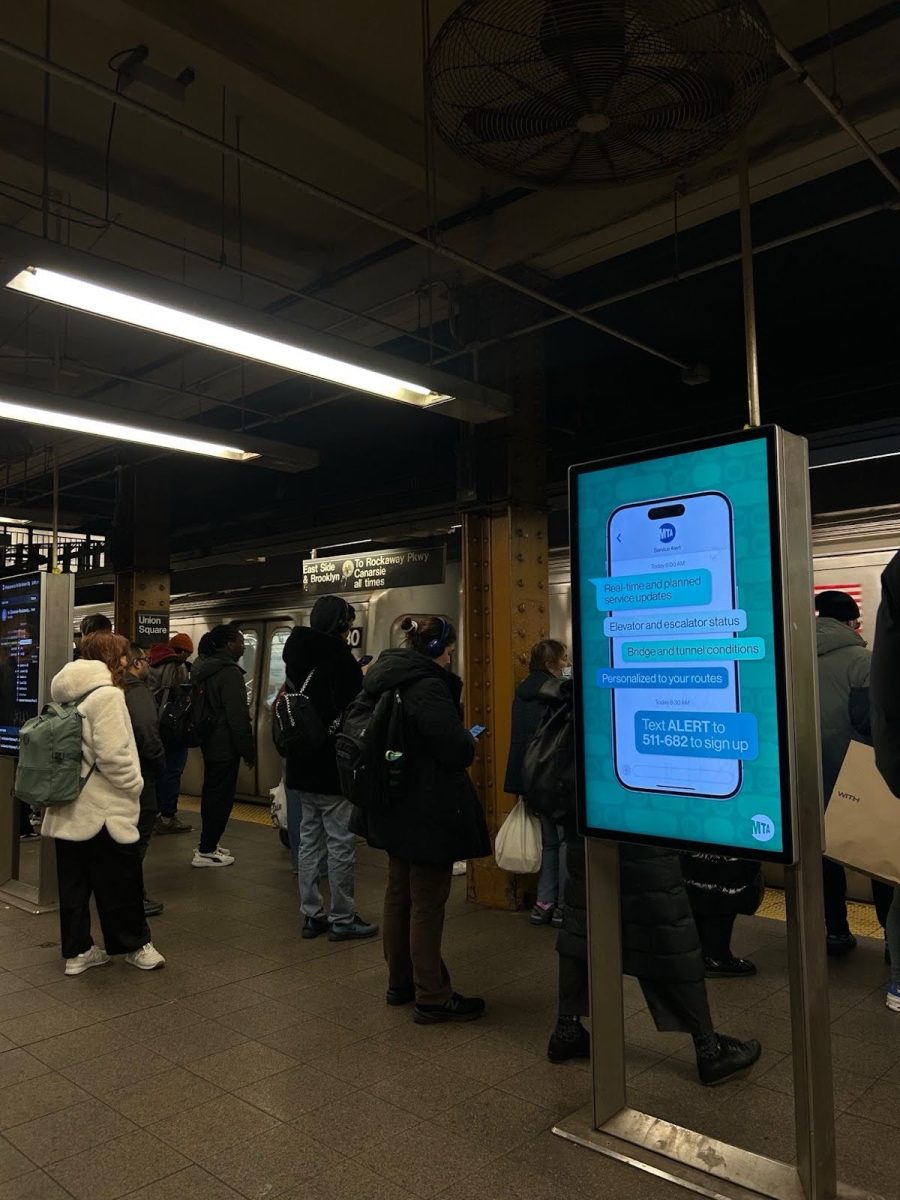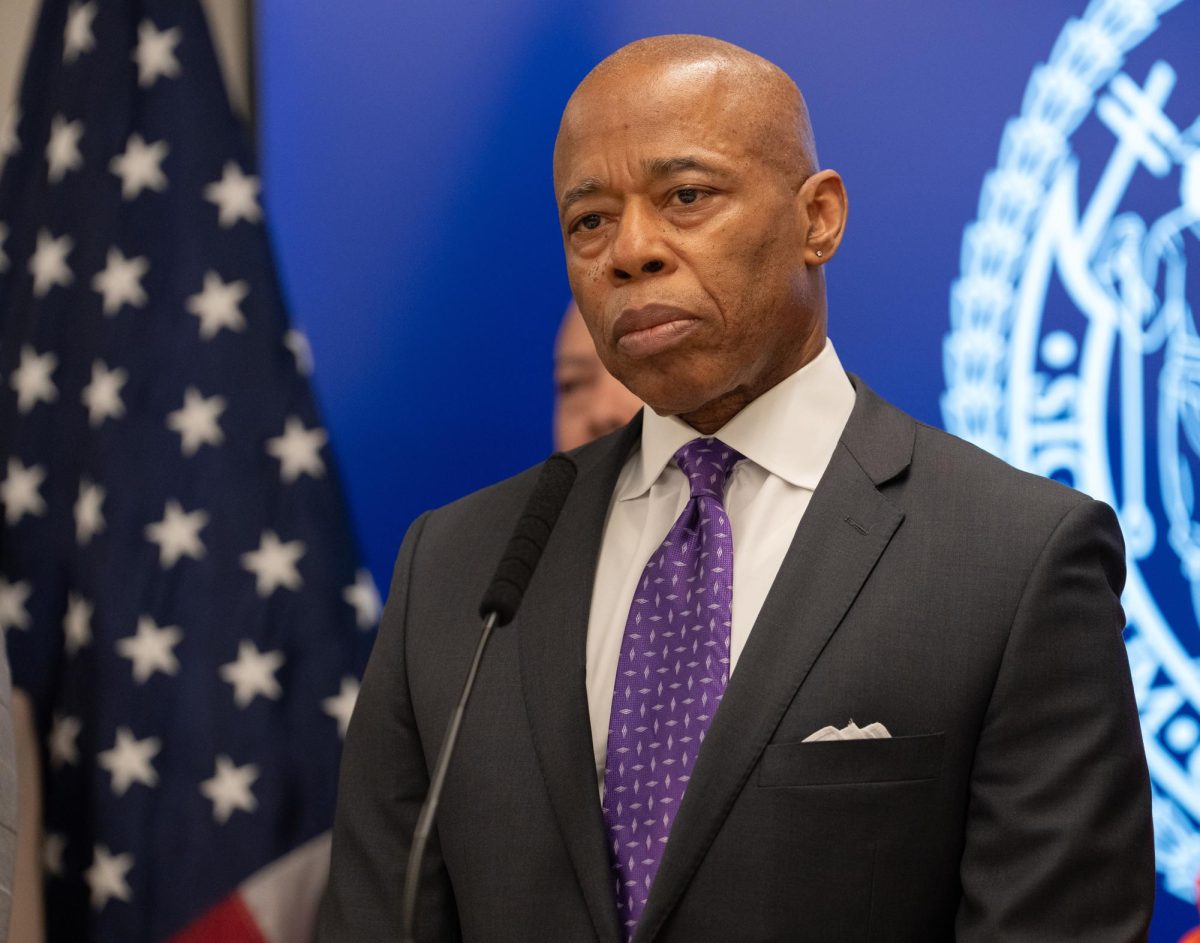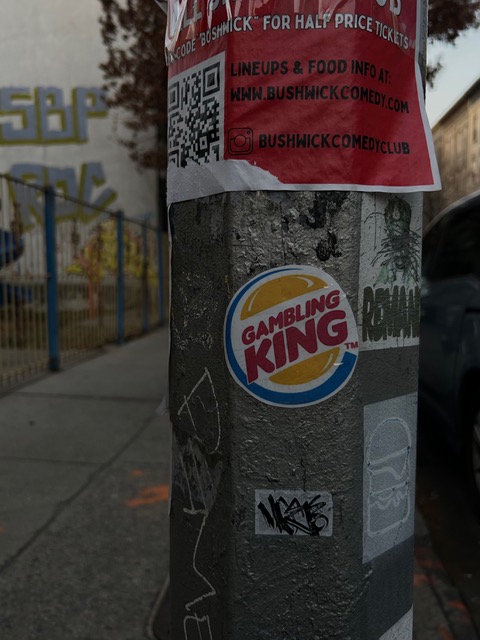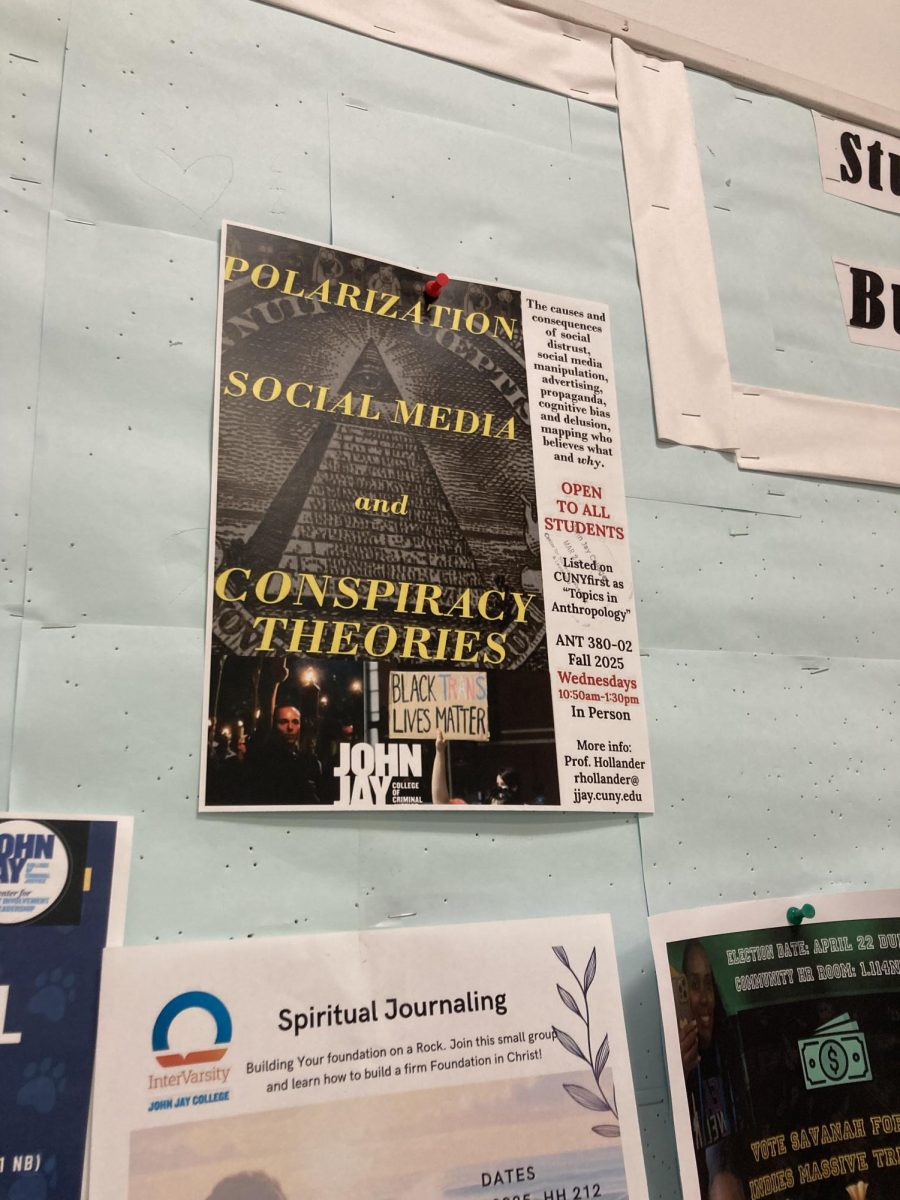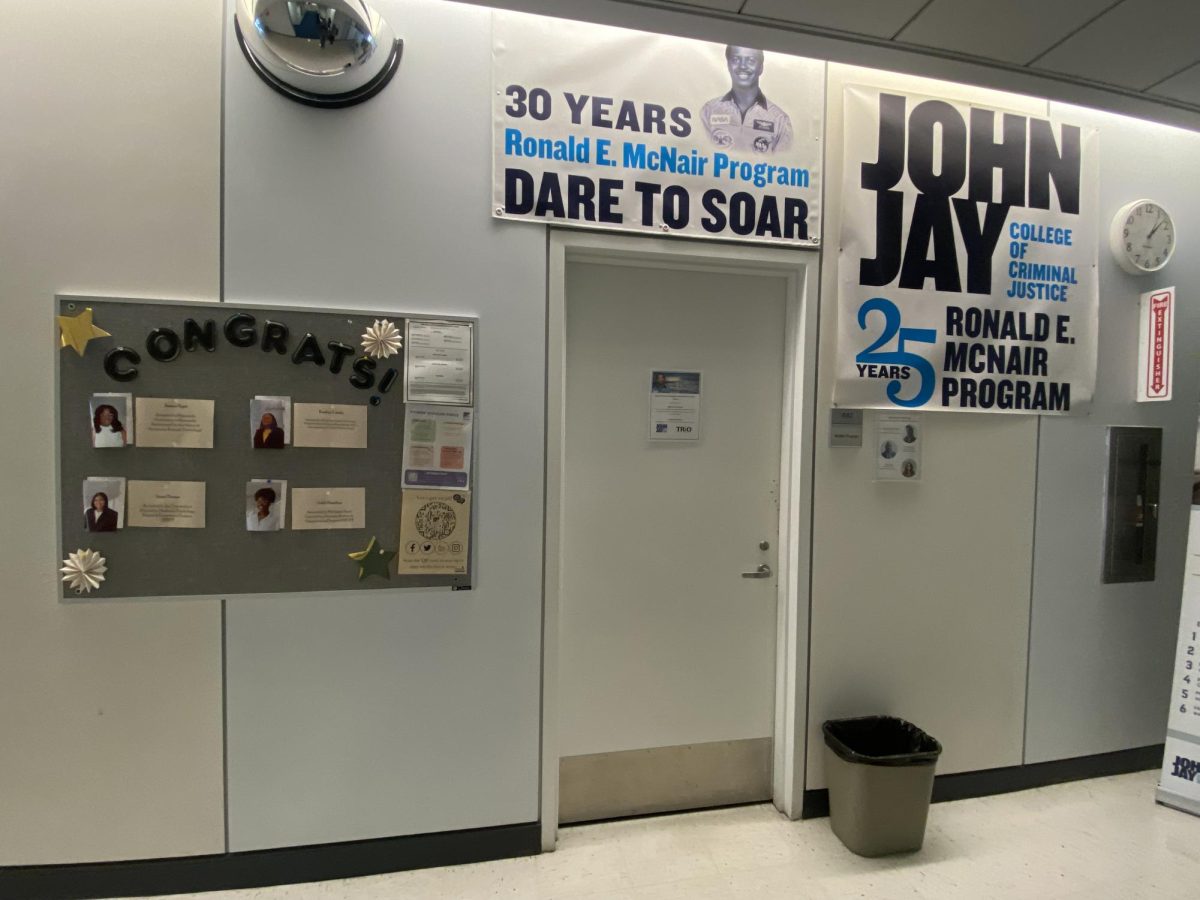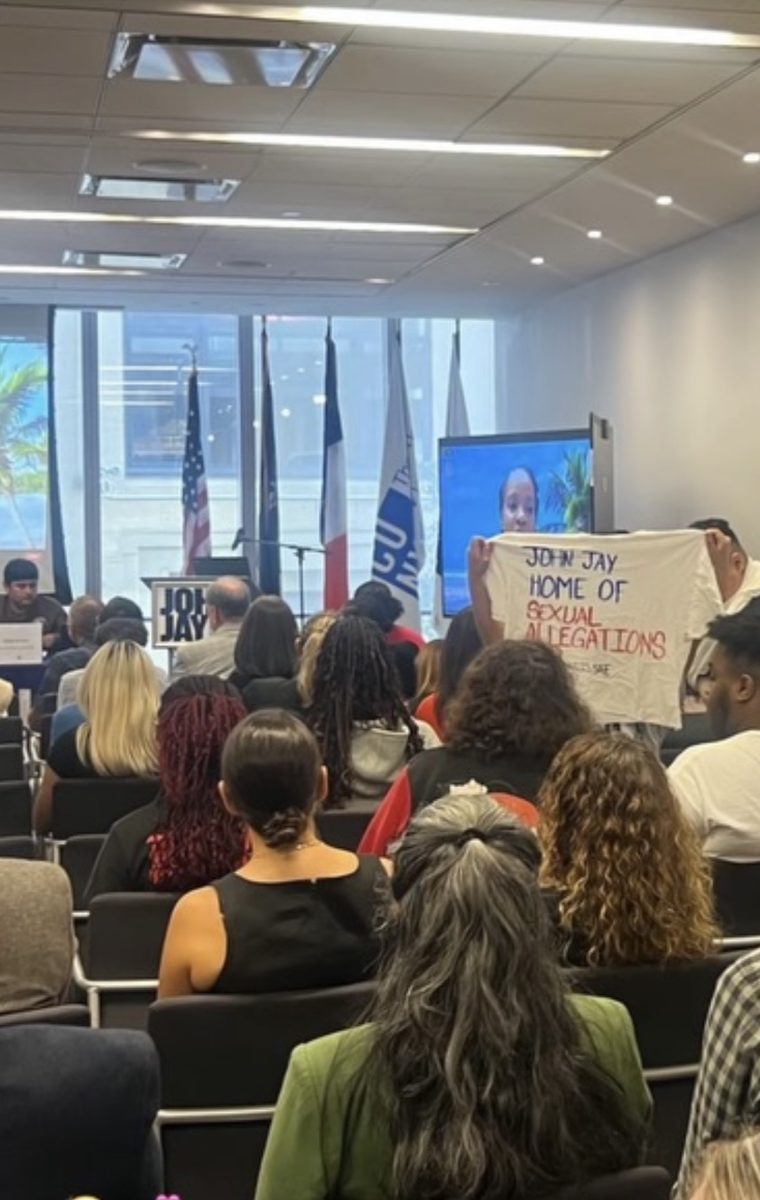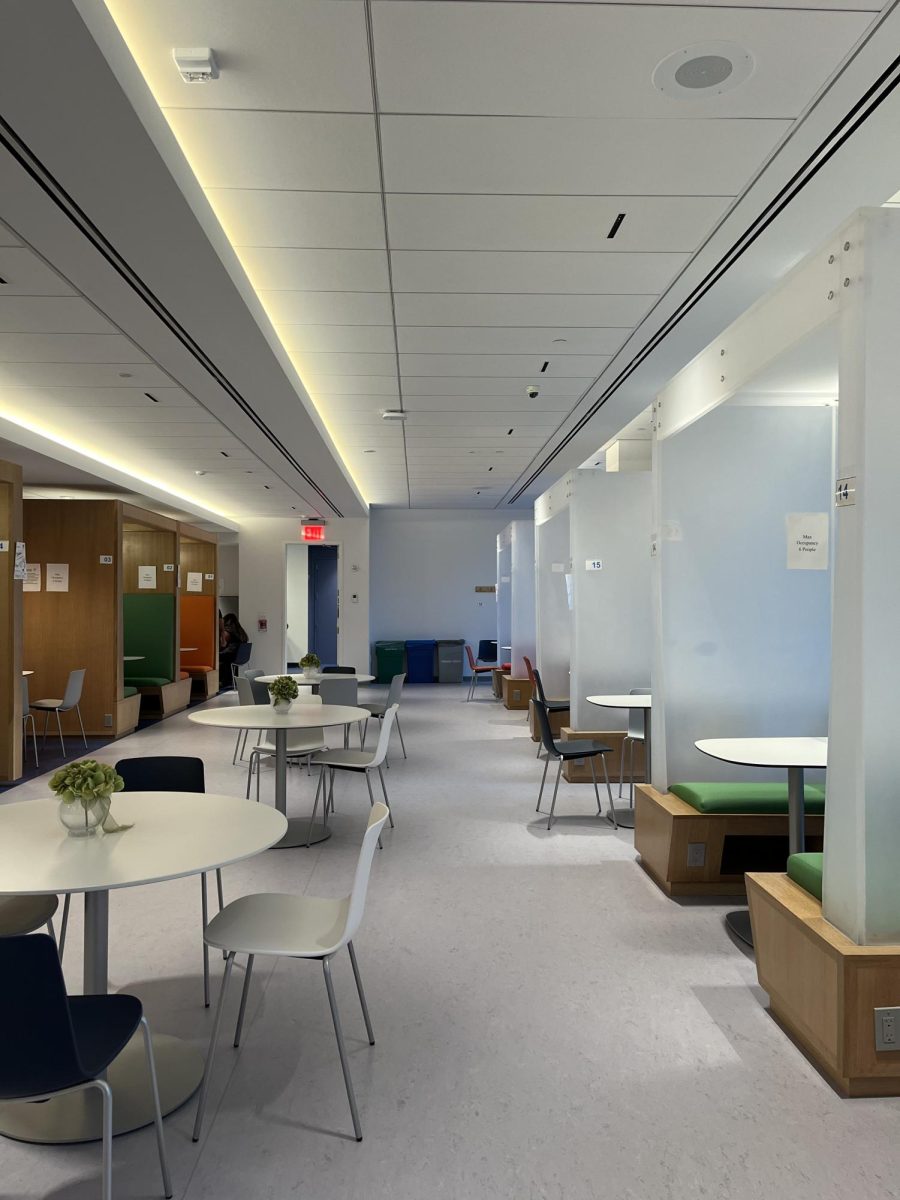By Lauren Valdez
“Where should I sleep tonight? Where will I go? Do I have enough for food today or will I have to go to sleep hungry tonight also?” These are the kind of questions many homeless college students face today.
A John Jay student with a double major in Law and Society and Political Science, decided to remain anonymous. He spoke about the difficulties he encountered as a homeless college student.
“My mother had a stroke and during this time our lease had come to an end and we had to move. My mother is disabled and in order to get an affordable apartment we would have to go through a lottery process. We spent some time searching where to live.”
The student continued, “It was pretty stressful. I was taking 6 to 7 courses and had to balance my duties in school and at home while making sure it didn’t affect my GPA.”
“The program that helped me the most was the Honors Program. They do periodic checkups based on the performance of each student with casual meetings to see if everything is going well.”
According to the National Law Center on Homelessness and Poverty, approximately 3.5 million people become homeless in the United States during the course of a given year.
The Free Application for Federal Student Aid (FAFSA) stated that there are currently 58,000 students who attend college in the United States and identify as homeless, a 75 percent increase over the last three years.
Dana M. Trimboli, Senior Director of Student Affairs at John Jay College defined some reasons why students may become homeless.
“Students are exposed to violence and would rather sleep on someone’s couch instead of sleeping in their homes. Others may have an issue with gender identity and are no longer welcomed or safe in their homes.”
According to The National Runaway Switchboard, between 1.6 and 2.8 million youths may runaway or be thrown out from their homes.
In a recent survey study conducted by Kadeem Robinson, Secretary of Student Council at John Jay, showed that out of 300 students, 17 percent were either homeless or on the verge of homelessness.
According to the survey many students are unaware of the resources available at John Jay.
“Student Council has been working hard, administration is trying really hard, and yes they are doing something,” said Robinson.
“We have so much food due to the food drive, we also have partnerships with shelters to find homes, and extra beds are distributed.”
“We want people to know that there are possibilities. There’s possibilities through emergency funding that can help you with electric bills and putting heat in your home or helping you if you are backed on rent,” said Trimboli.
Trimboli continued, “we have several options for food and security, which include the food pantry. We have food coins where people can get immediate meals in NBJ.”
John Jay College and other CUNY schools provide services through Single Stop, a program designed to help students with financial difficulties. John Jay is the only CUNY College to offer Single Stop on campus.
“We also have Single Stop, which students do a screener and our Single Stop councilor can help connect students with city and state benefits that can help them on a variety of levels, tax credits, housing, food stamps, cash assistance, all of these processes that are available are bureaucratic and people work intensive,” said Trimboli.
Programs like McKinney-Vento Homeless Education Assistance Improvements Act and student federal financial aid like FAFSA, provide homeless college students with the opportunity to continue their education.
The McKinney-Vento Homeless Education Assistance Improvement Act states that each State’s educational agency has to ensure that every homeless student has equal access to free and public education; equal to students who aren’t homeless.
The McKinney-Vento Homeless Education Assistance Improvement Act ensures that students will not be neglected of an education due to their financial status.
The College Cost Reduction and Access Act (CCRAA) was signed in 2007. Created to remove barriers for unaccompanied homeless youth when accessing federal financial aid for college.
FAFSA with help of CCRAA, allow students to fill out their application for free if they cannot afford it. Also, providing them the opportunity to apply as an independent, allowing them to receive financial assistance without any parent or guardian information.
The Voucher Program, which was discontinued in 2012, helped many college students especially those who had a family or found themselves living in shelters. Families with low-income were provided low rent apartments providing the opportunity to live a normal life in the city.
After the program was discontinued, many families were forced back into shelters.
The New York City Housing Authority also known as NYCHA, is working on a program similar to the Voucher Program.
The NextGeneration NYCHA is Mayor Bill De Blasio’s new affordable housing plan. It is a long-term strategic plan that will help preserve New York City’s public housing assets for the new generation.
According to this new plan, families will be provided with financial assistance and employment opportunities. Some families may be eligible to receive $1,000 if needed.
John Jay College offers a similar program for students who may be struggling financially. “Students can get up to one thousand dollars to alleviate any issues they may be experiencing,” said Robinson.
Robinson spoke about the work that is still needed in order to accomplish their goals “I wish I could do more but it is a long process and I don’t have more time here. I hope to pass the torch and continue this advocacy.”
“We all have different jobs here and we try to not over step each other. I work close with veterans that face issues with finances,” said Student Council President Grace Theresa Agalo-os.
Agalo-os continued, “I always have food for students in my office. I want them to feel at home here and comfortable not struggling.”
The anonymous student provided two tips for students that may find themselves in the position he was once in.
“First, you shouldn’t be ashamed, it’s not something you brought upon yourself. Secondly, don’t be fearful about speaking about it because speaking leads to resources.”


